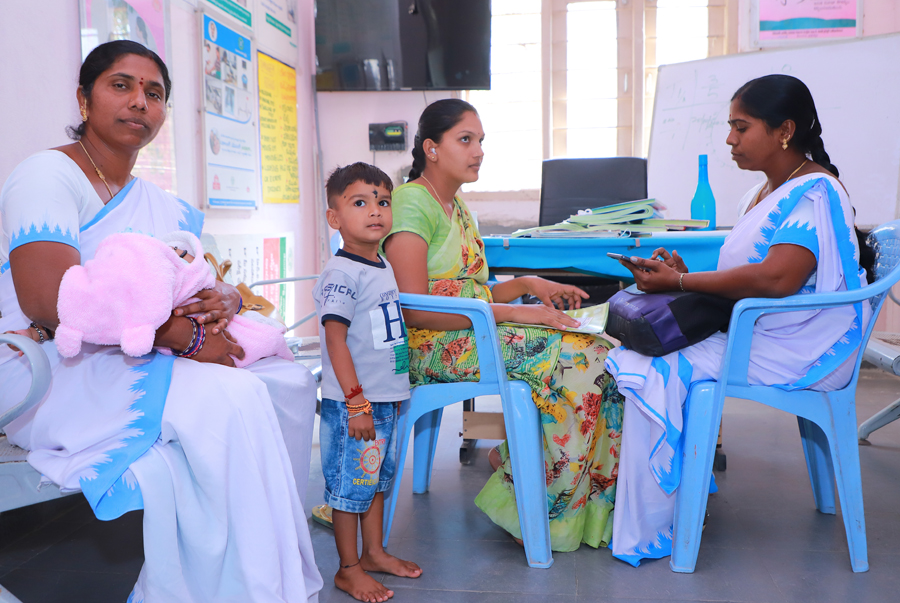Our impact
Making an impact locally and globally
At The George Institute, we strive to make a meaningful impact through every program, project, and initiative we undertake. We work with communities to ensure our research is relevant, actively engage decision makers, and identify opportunities for influencing.
We build global networks of collaborators, work with global experts, foster discussions that stimulate debate, and strengthen our researchers’ capacity to drive change at local, regional and global levels.
Our work addresses the diverse health challenges experienced by communities to ensure everyone has the best opportunity to access high-quality care, when they need it. We understand that lasting change requires a systems approach, grounded in collaboration with local experts and people with lived experience.
Learn how our efforts are improving health around the world, from influencing food policy to empowering healthcare workers in rural communities with AI technology. Explore more of our stories of impact, and hear from some of the people whose lives have been affected by our work.

Our policy statements and recommendations
Our policy statements and recommendations help ensure our evidence informs health policies, guidelines and practices worldwide. We work with decision makers to ensure our findings are accessible, timely and relevant in order to address health inequities and bring about real change.
The George Institute’s Impact Report
Explore our impact in a multimedia report showcasing our achievements, stories, and progress towards our mission of improving the health of millions of people worldwide.
Read our Impact ReportDo you believe in a better, healthier world for all, regardless of circumstance?
Here is your chance to make a difference.


